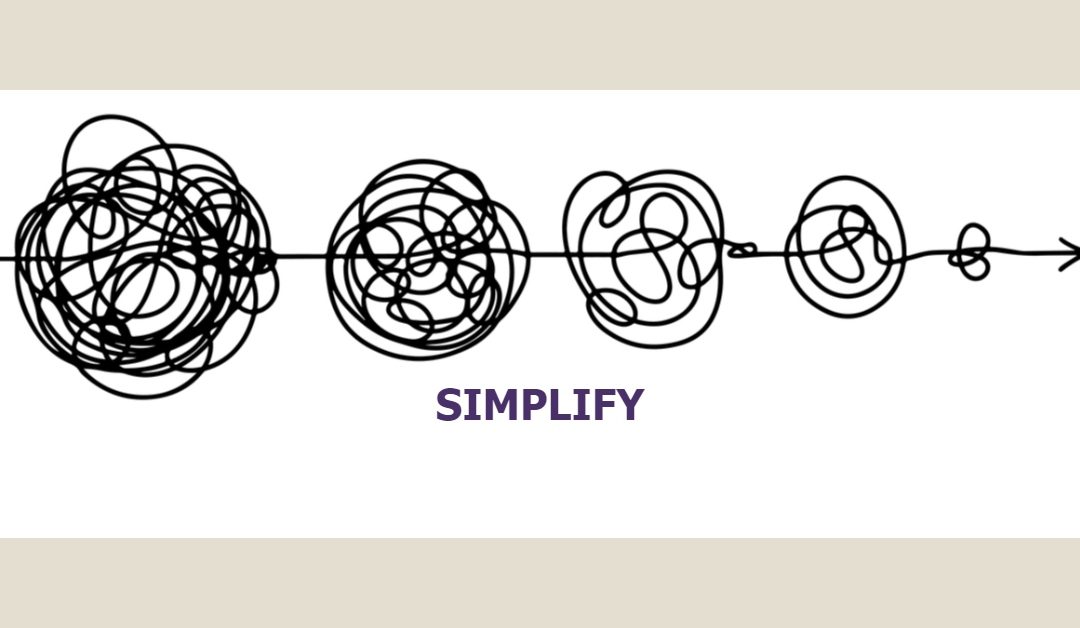Clinical trial agreements have been notorious for delaying study start-up.
This challenge remains even as different players in the industry strive to speed up clinical trial agreement finalization through efforts such as standardization of clinical trial agreement templates and the adoption of contract automation tools.
A survey, conducted in the second quarter of 2019 by WBR Insights in conjunction with Icertis, of 100 pharmaceutical companies across Europe revealed that 73 percent of the respondents had seen contract and commercial negotiations impact their time-to-market, and 60 percent of the respondents estimated that delays caused by contracting and commercial negotiation could cost the company at least 10 million Euros per trial.1
If you are looking to improve your clinical trial agreement management, here are five areas (in no order of importance) to explore.
Even the smallest steps taken consistently will bring progress.
Assemble A Remarkable Team
Successfully managing global clinical trial agreements is highly dependent on having a successful group of clinical contract specialists. You may have the best individual contract specialists, but unless they comprise a cohesive team, their knowledge and skills will be of limited benefit to your operations.
To build a remarkable team, unite your contract specialists around a particular purpose. A clear sense of purpose propels us to do outstanding work and gives us a sense of ownership.
Fall back on your company’s mission for this. Identify and communicate how the work of your contract specialists will contribute to the company’s mission. Help them develop a sense of how their efforts will add value to the lives of patients, communities, and the world.
When contract specialists see and understand the impact of their work, they become connected to a bigger purpose. Their engagement and motivation will increase. They will feel positive about their work, and you will create a culture of growth that stimulates a passion for learning, problem-solving, and creativity.
Nothing tops having a team of motivated contract specialists who are technically skilled and open to lifelong learning.
Naturally, leaders will have to walk the talk of the mission statement. As a company, you must support your contract specialists’ abilities to achieve meaningful goals.
Strive to provide them with autonomy, resources, support, and time to perform well in a consistent fashion. Celebrate the team’s successes and milestones, and when challenges arise, come together to redirect your efforts into something positive. Recognize and reward teamwork and individual contributions in living your company’s mission.
Establish Strong Business Procedures And Processes
Procedures and processes ensure that clinical trial agreements are prepared, negotiated, finalized, and maintained in a consistent way that meets the company’s needs and demonstrates compliance. They also ensure that important, relevant information and data are captured and communicated within the business and provide the foundation for improvement and training of contract specialists.
Do you have a standard operating procedure and processes for managing your global clinical trial agreements and their related ancillary agreements?
If yes, do they need any improvements?
Are the end users able to use them with ease?
Are they relevant to your current business climate?
Good standard operating procedures and processes for clinical trial agreements are unambiguous and outline the steps that a contract specialist needs to know to do the job. They provide a clear scope of the agreements they govern. Consider, for example, if ancillary agreements with site management organizations should fall under the primary clinical trial agreement. Write the procedure clearly and concisely so that anyone, even a new hire, could make sense of it and perform the related tasks.
Without working business procedures and processes, the weakest link may delay the finalization of your agreements. This results in an elongated process that may impact the study start-up timeline at a site and brings with it increased costs and intense frustration.
Build A Knowledge Management Program
When you manage the knowledge and experience of your contract specialists, you create collective expertise for your company.
This personal knowledge can come from sources ranging from professional publications, seminars, conferences, and experience developed while working on a project.
This collective knowledge, when captured and optimized, plays an essential role in decision-making in a project. It can help project teams establish excellent situational awareness that leads to strategic, informed decision-making.
For instance, the intelligence you have on the level of ease in contracting with a particular study site may help you make an informed decision about including it in your study at the feasibility stage. You may also decide to take a business decision for your project and accept the use of a regional template from a particular region because you know that attempting to change it could cause unforeseen delay in getting the agreements signed.
Knowledge management also supports your company’s learning process and is an indicator of your company’s maturity.
In a mature environment, clinical trial agreement teams have access to and rely on an up-to-date knowledge base of clinical trial contracting intelligence in their projects.
To manage your global clinical trial contracting knowledge, you need to start by collecting the information and connecting people to build the necessary platforms and disseminate the information.
Foster a knowledge-sharing culture where your contract specialists are routinely encouraged to share valuable ideas, insights, and experience.
Select And Implement The Right Technology
Contract lifecycle management tools or software can help you streamline tasks related to your clinical trial agreements.
They help you manage proceedings that are related to the creation, negotiation, and authorization of your clinical trial agreements and bring increased visibility, collaboration, and efficiency.
Even after you have established your clinical trial agreements through the authorization process, the tool or software can follow you through to the integration of electronic signatures and the ultimate execution of your project.
The contents and prerequisites of your clinical trial agreements can be monitored and evaluated by the software to provide the business owners with a clear view of the negotiations and all dealings associated with them.
The benefits of adopting contract life cycle management tools or software can help you save time and costs in your clinical trial agreement management. To explore the options of contract management tools or software in the market today, you may want to check out the IACCM Capgemini contract automation software comparison tool.
Successful implementation of a contract life cycle management tool or software will require the right selection of a product that suits your company’s needs and operations.
Its implementation affects different core business activities and staff (for example, clinical operations, legal, finance, and IT), so it is vital to address all the stakeholders’ requirements and make sure you secure buy-in from them.
Improve and work on the gaps of any broken clinical trial agreement processes as much as you can before implementing technology as a solution.
Standardize your clinical trial agreement templates as much as you can up front.
These improvements and standardization efforts will avoid higher unnecessary costs and protracted time frames and will ensure that the functionalities within the contract life cycle management tools or software will better address your unique company concerns.
Focus on creating a positive user experience.
Sophisticated contract life cycle management tools or software can handle a certain level of complexity in the process implementation, but pushing the limits or over engineering may impact the user experience at some point and impact the success rate of your initiative.
Nurture Relationships With Study Sites
The extent to which you build and nurture relationships with study sites plays a role in your long-term global clinical trial agreement success.
Trust forms the basis of any meaningful relationship, and you build it through your interactions with the sites. It takes root in every single interaction a site has with you, whether it is through your staff, services providers, or the written documents and correspondences you send.
You can nurture trust by forming relationships that focus more on collaborative negotiations.
Negotiate your clinical trial agreements by targeting the best possible solution instead of going into adversarial negotiations. Provide the site with explanations of your requests or proposals and be transparent about giving information before it is requested. For example, present the procedure level study budget for conducting your study to the site, and avoid sending a study budget that only shows the total per-visit or total per-patient cost.
Seek to understand the “language” of your site. Understand the local requirements and jargon, nuances, and cultural implications behind what is being said by the sites. When we take time to understand the sites’ perspectives, we send the message that we are committed to negotiation and the relationship. We build trust in the process.
Clear clinical trial agreements drafted using standard business English and information design can also help improve relationships with sites because they are easy to understand, accessible, and transparent. By simplifying the language and design of clinical trial agreements, legal language and business operations can be better integrated, making them easier to negotiate and implement.
Final Thoughts
In today’s fast-paced business environment, clinical trial agreements can be your source of strength or weakness. It may make or break your study start-up timeline and have a staggering impact on your costs.
What is the one change to your clinical trial agreement management that you will make today to support your company’s business goals and objectives?
Every step counts. Start today.
Curious how I could help your organization reach its clinical site contracting goals? Contact me at:
References:
- WBR Insight. (2019). Streamlining Clinical Trials: An Investigation of Innovation. Retrieved from https://clinicalinnovation.wbresearch.com/downloads/streamlining-clinical-trials-an-investigation-into-innovation




